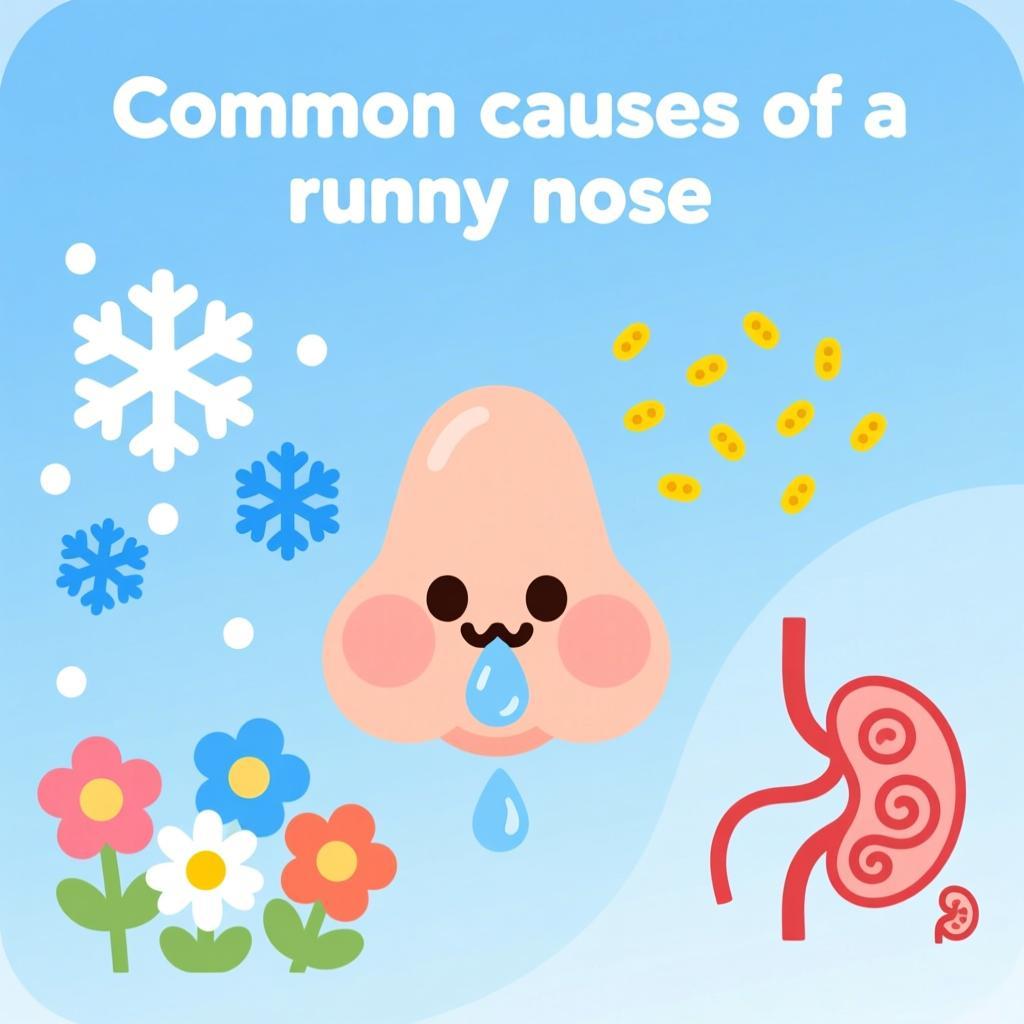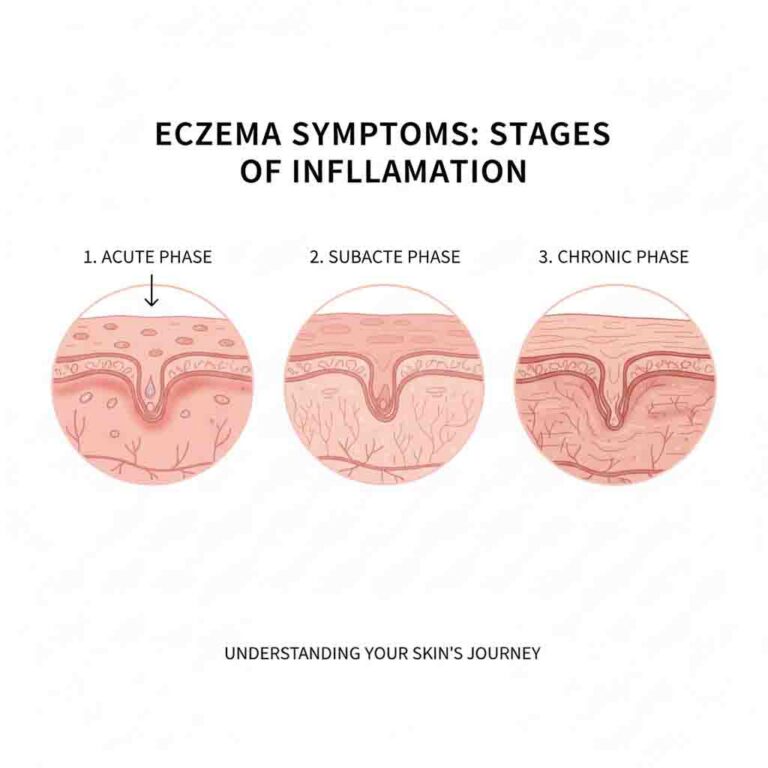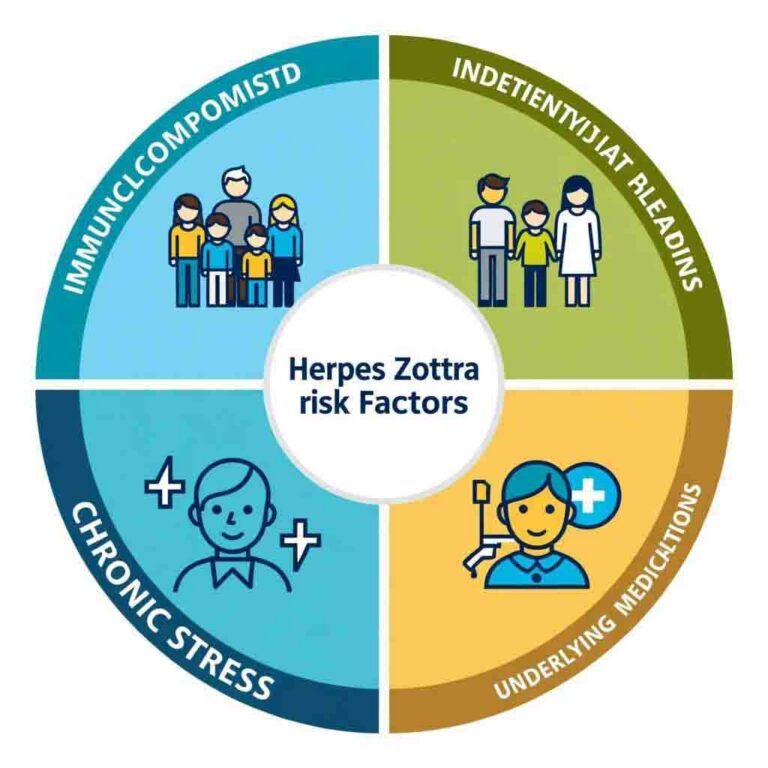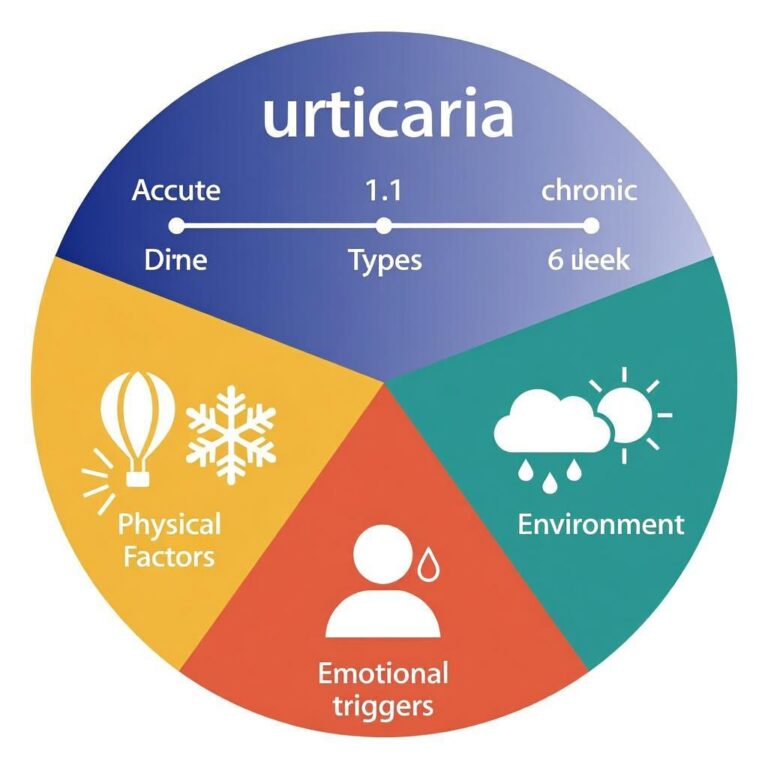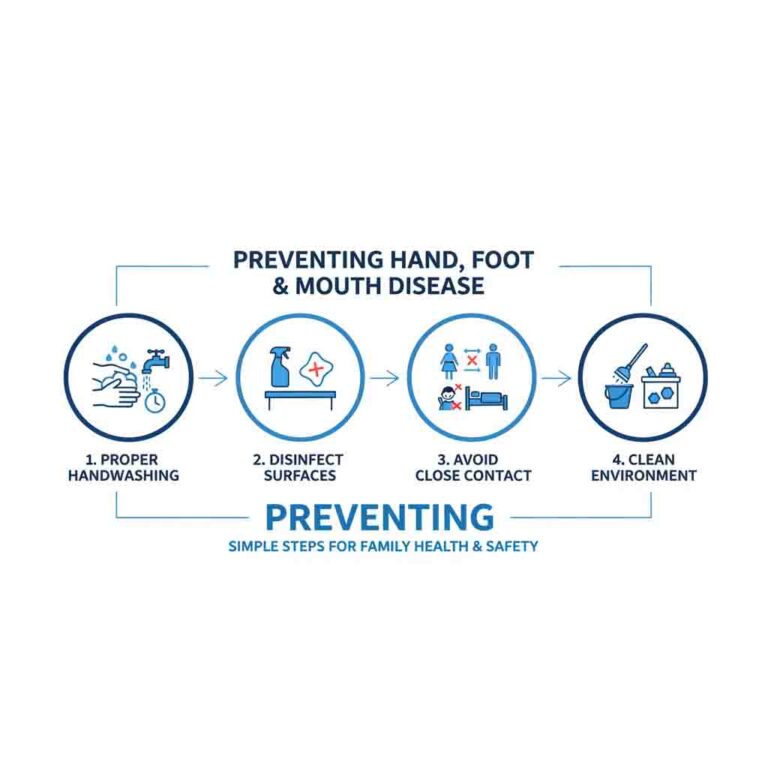Clinical Definition
Rhinorrhea is the clinical term for an excessive discharge of nasal fluid, commonly referred to as a runny nose. The condition results from increased production of mucus by the nasal mucosa or from the transudation of fluid from dilated mucosal blood vessels. The discharge can range in consistency from clear and watery to thick and purulent, depending on the underlying etiology, which may include infectious, allergic, or inflammatory processes.
Clinical Coding & Classification
Rhinorrhea is a symptom, and its coding depends on the underlying diagnosis. If no definitive diagnosis is established, a symptom code may be used.
| Coding System | Code | Description |
|---|---|---|
| ICD-10-CM | R09.81 | Nasal congestion. Often used when rhinorrhea is a primary but undiagnosed symptom. |
| ICD-10-CM | J00 | Acute nasopharyngitis (Common Cold). Used when rhinorrhea is a symptom of a viral upper respiratory infection. |
| ICD-10-CM | J30.1 – J30.9 | Allergic rhinitis. Used when rhinorrhea is caused by an allergic response. |
| ICD-10-CM | G96.01 | Cranial cerebrospinal fluid (CSF) leak, spontaneous. A rare but critical differential diagnosis for clear, persistent rhinorrhea, especially post-trauma. |
| Affected Systems | Upper Respiratory, Immune System | |
Epidemiology & Statistics
The prevalence of rhinorrhea is directly linked to its primary causes. The common cold is the most frequent infectious disease in humans, with adults typically experiencing 2-3 episodes annually and children 6-8. Allergic rhinitis is also a major contributor, affecting between 10% and 30% of the global population. According to the World Health Organization, sensitization to environmental proteins is present in up to 40% of the population, indicating a high potential for allergic rhinorrhea. These conditions are leading causes for primary care consultations and absenteeism from work and school.
Pathophysiology (Mechanism)
The mechanism of rhinorrhea involves the inflammation of the nasal mucosa. In viral rhinitis, pathogens infect epithelial cells, triggering an inflammatory response that leads to vasodilation and increased vascular permeability. This allows plasma to leak into the nasal cavity. Simultaneously, goblet cells and submucosal glands are stimulated to increase mucus secretion. In allergic rhinitis, the mechanism is an IgE-mediated hypersensitivity reaction. Upon allergen exposure, mast cells degranulate and release inflammatory mediators, most notably histamine. Histamine binds to H1 receptors, causing vasodilation, increased vascular permeability, and stimulation of mucosal glands, resulting in the characteristic watery nasal discharge.
Standard Management Protocols
Management is directed at the underlying cause of the rhinorrhea. A thorough clinical evaluation is necessary to differentiate between allergic, infectious, or other etiologies.
- Pharmacological Classes:
- Antihistamines: (Primarily for allergic rhinitis) MOA involves blocking histamine H1 receptors, thereby reducing vasodilation and glandular secretion.
- Decongestants: (Topical or Systemic) MOA involves acting as adrenergic agonists to cause vasoconstriction of the nasal mucosal blood vessels, reducing swelling and fluid leakage.
- Intranasal Corticosteroids: MOA involves broad anti-inflammatory effects, reducing the infiltration of inflammatory cells and the production of inflammatory mediators.
- Anticholinergics: (e.g., Ipratropium Bromide) MOA involves blocking muscarinic receptors on submucosal glands to reduce the volume of nasal secretion.
- Surgical/Procedural: In cases of chronic rhinitis due to structural abnormalities, procedures such as septoplasty (for deviated septum) or polypectomy (for nasal polyps) may be considered to improve nasal airflow and drainage.
Healthcare Resource Utilization
Rhinorrhea is a primary driver of over-the-counter (OTC) medication sales and a leading reason for visits to primary care physicians and allergists. While most cases are self-limiting, persistent or severe symptoms necessitate diagnostic workups, including allergy testing or nasal endoscopy. The condition contributes significantly to indirect costs through lost productivity and school absenteeism. For chronic conditions like allergic rhinitis, resource utilization includes long-term pharmacological management and specialist consultations.

